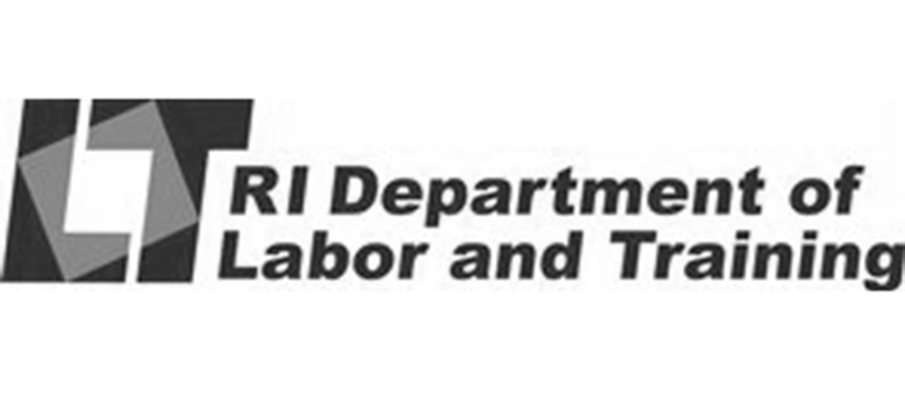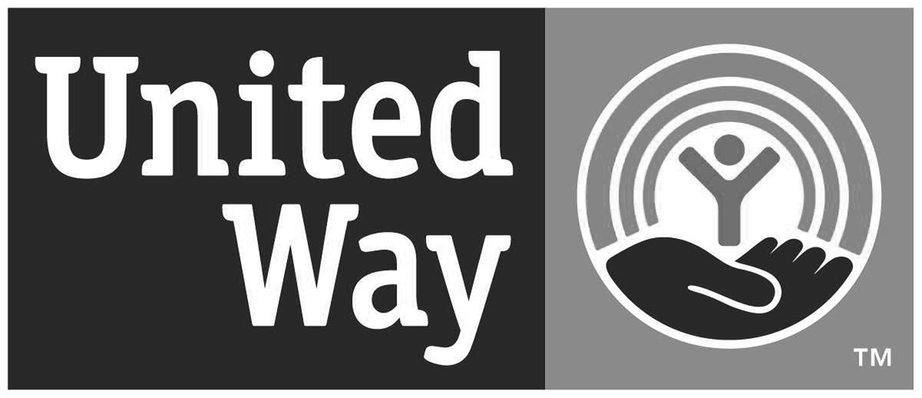RI's youngest workers are at a competitive disadvantage
The youngest participants in RI's workforce need basic skills at almost twice the rate of its neighbors.
Using the time slider, note that RI's young people's enrollment in ABE, the K-8 skills, has increased in recent years. This lack of preparation often burdens young workers with a disadvantage that persists for years.
The Legislator's Resource Book reports that students in both CT and MA emerge from their high schools with stronger 8th grade skills, significantly reducing their need for basic skills and hastening the time frame for getting to college or workforce readiness. Their Rhode Island peers have far more catching up to do.
All states, including RI, MA and CT, use the same set of standardized tests, which are part of the National Reporting System of Adult Education (NRS).
See links below for further information about the K-12 experience of RI young adults in the Adult Education system:
Data sources: National Council of State Directors of Adult Education, Legislator's Resource Books, 2012, 2013, 2014; Rhode Island Department of Education.









